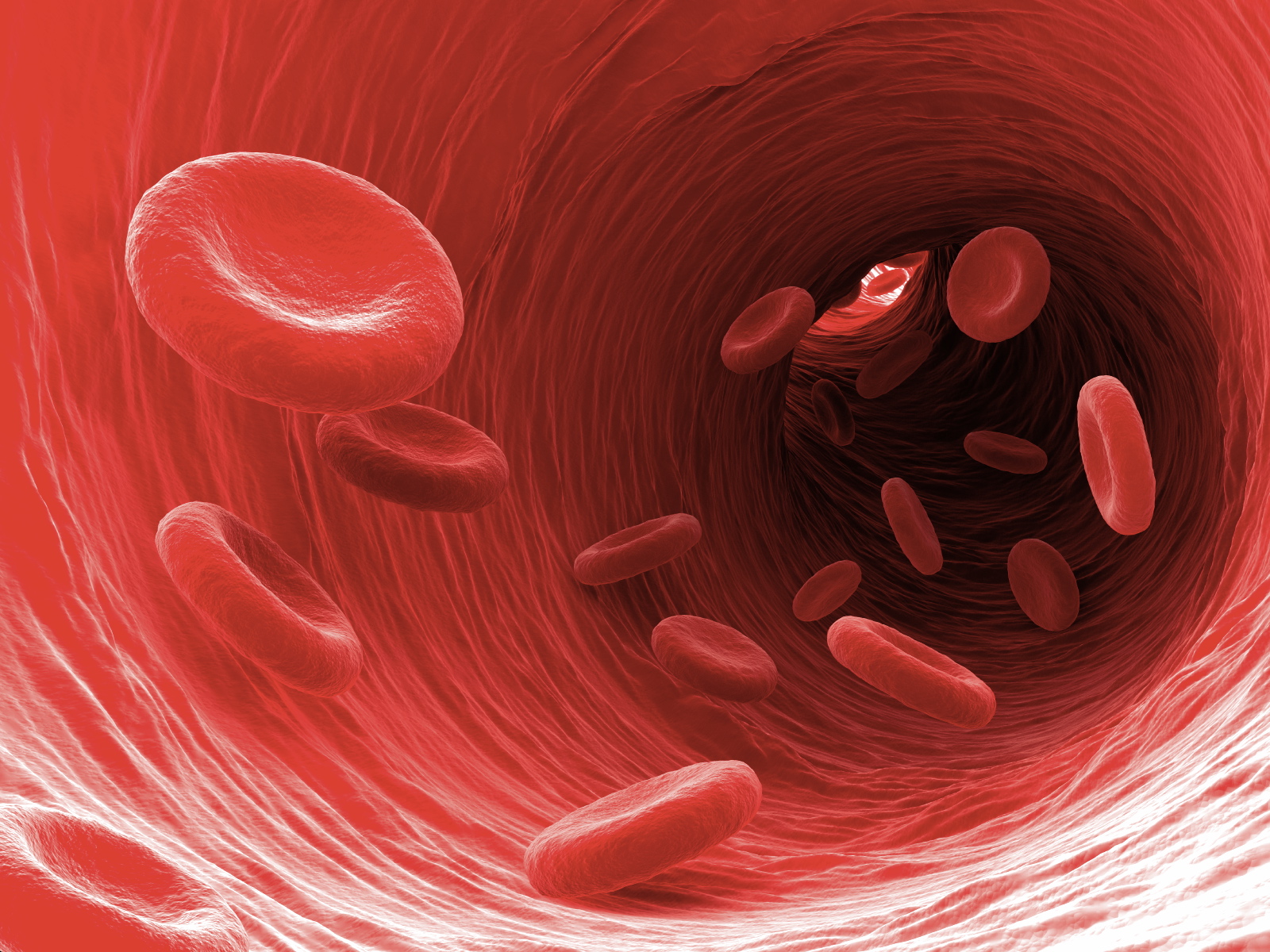
In a few months, a daring clinical trial may fundamentally lower heart attack risk in the most vulnerable people. The trial, led by Verve Therapeutics, a biotechnology company based in Massachusetts, will be one of the first to test genetic base editors directly inside the human body. A variant of the gene editing tool CRISPR-Cas9, base editors soared to stardom when first introduced for their efficiency at replacing single genetic letters without breaking delicate DNA strands.
A cardiologist at Harvard University, Kathiresan wondered if base editing could help solve one of the main killers of our time: heart attacks. We know one major cause of heart attacks-high cholesterol levels, particularly a version called LDL-C. We also know several major genes that control its level.
Most importantly-we know the DNA letter swap that can, in theory, drastically lower LDL-C and in turn throttle the risk of heart attacks.
There’s just one problem: we don’t know how base editors will behave inside a living human body. Instead of a lifetime investment, is there a way to go for one shot and done for heart disease?
Tapping into CRISPR base editors, his team built on previous work in mice and showed that a single injection of a base editor, dubbed ABE8.8, can reduce both PCSK9 and LDL cholesterol levels in healthy macaque monkeys.
As a major source of cholesterol metabolism, the liver is the perfect candidate for testing the gene editor and the delivery mechanism. With just one infusion, the therapy had 63 percent frequency at editing the PCSK9 gene.
It’s an exciting example of “The tremendous therapeutic potential of CRISPR base editing,” said Dr. Eva van Rooij at the Hubrecht Institute in the Netherlands, who was not involved in the study, at the time.
Directly editing genes inside the human body to prevent heart attacks may seem extreme.
Verve isn’t the only company eyeing a paradigm shift for heart disease.
Another study at the same time, led by Dr. Gerald Schwank at the University of Zurich, took a similar CRISPR base editing approach and found a 26 percent reduction in PCSK9 levels a month later, which increased in efficacy after a second dose.
One more study targeting PCSK9 took a different route with antisense oligonucleotides, a string of DNA letters that block a gene.
If successful, it’ll be the first foray of using base editors directly inside the body, and a potentially permanent solution for managing heart attacks.
